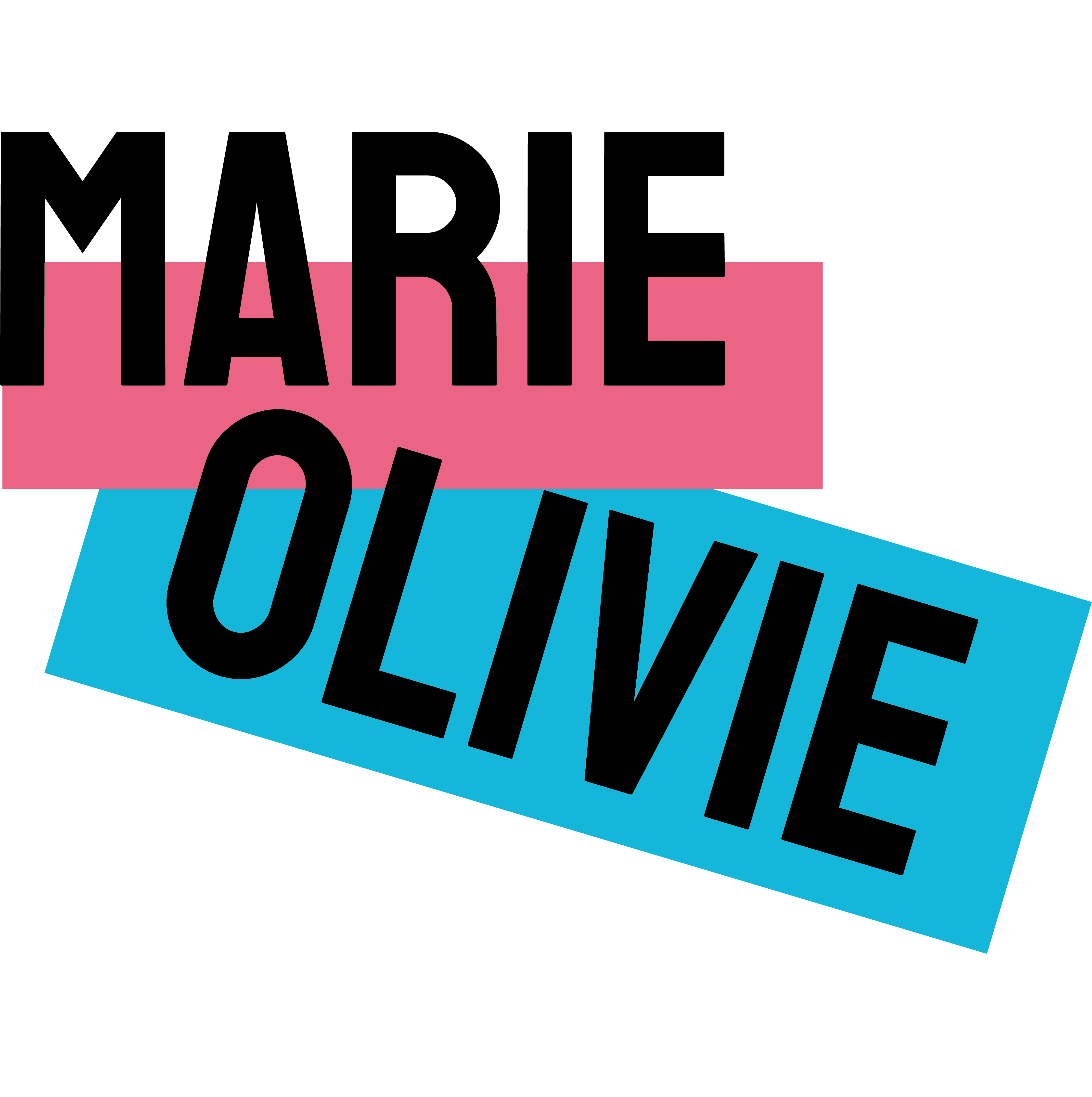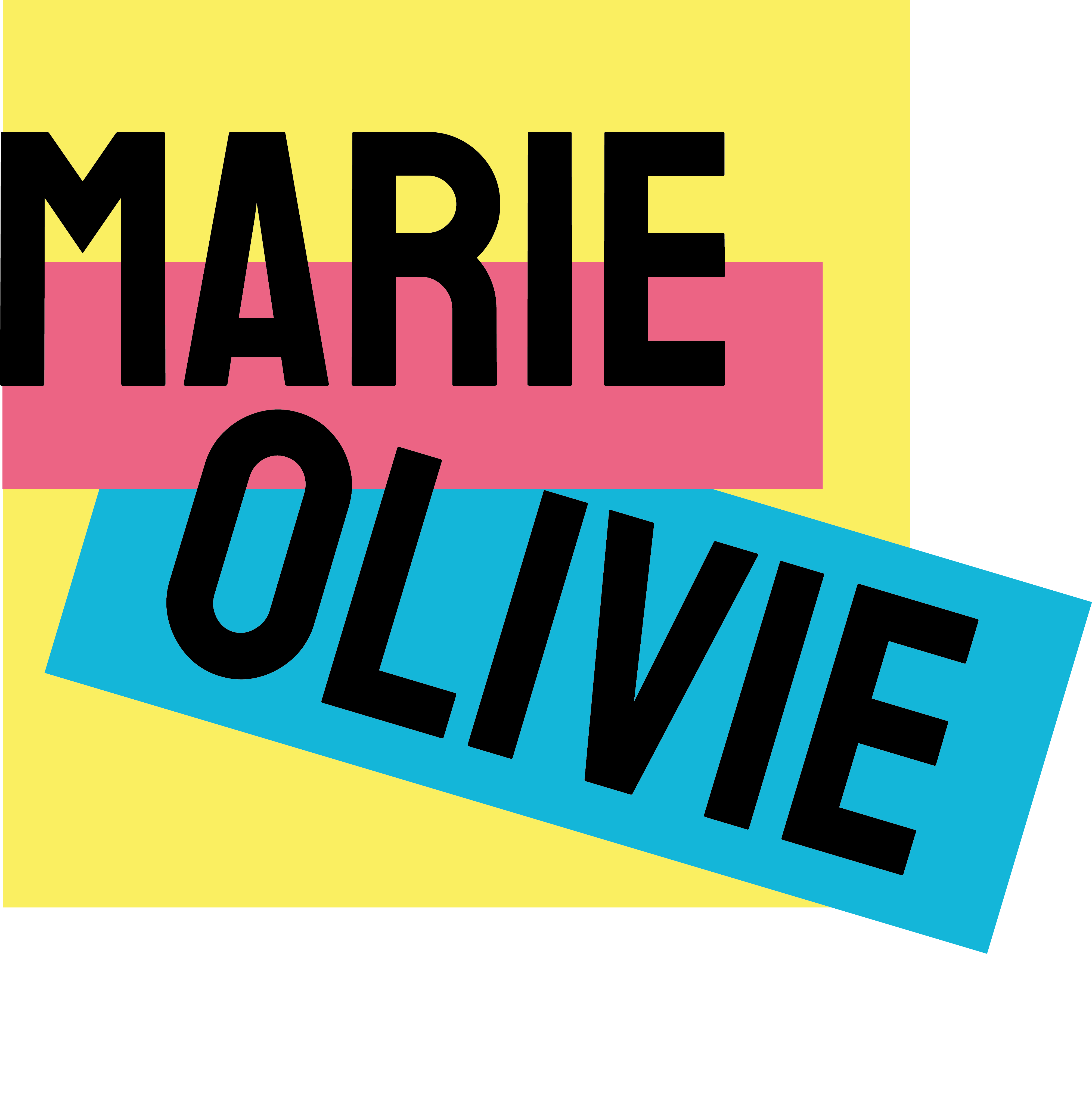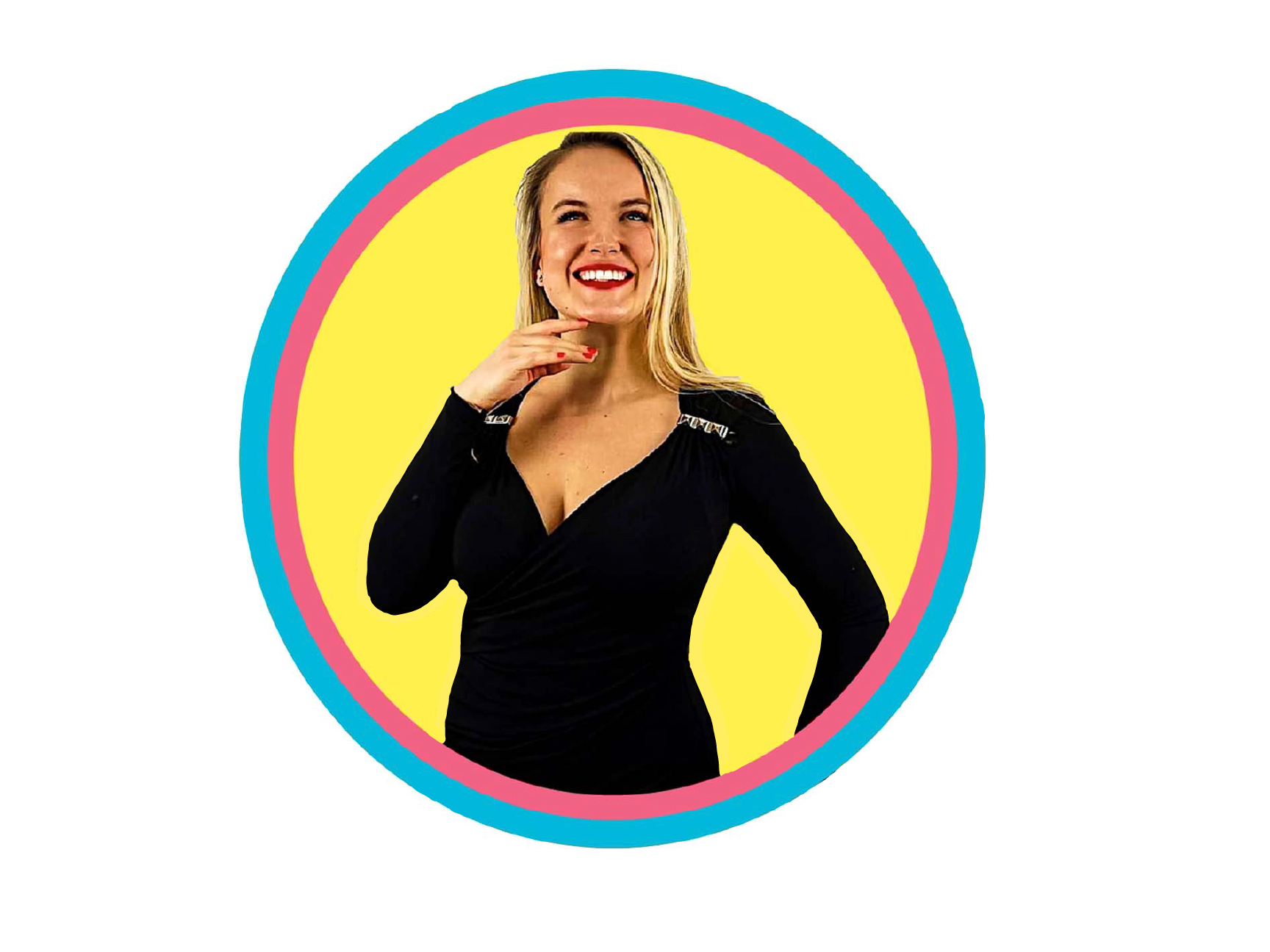
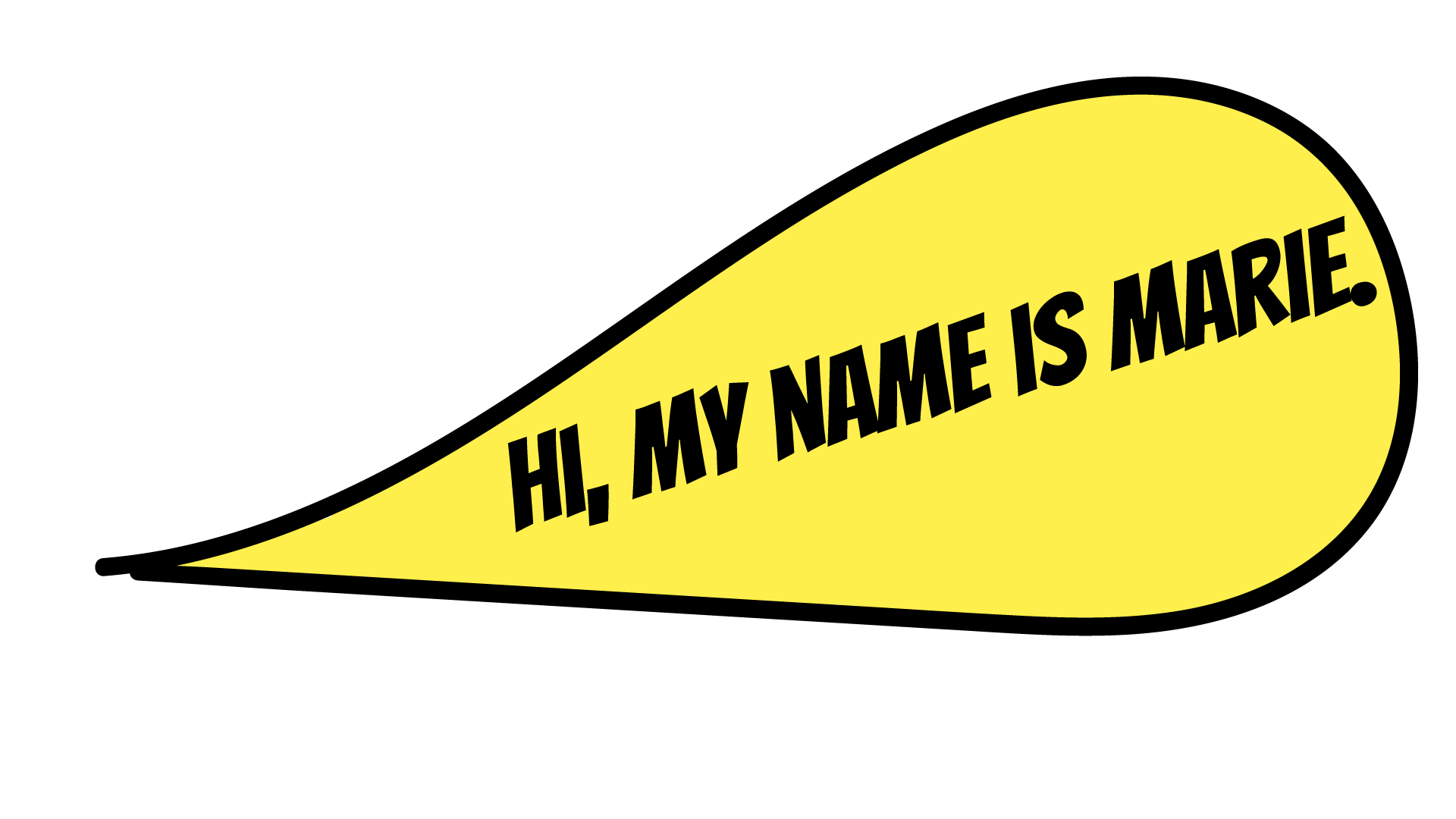
Bio.
Marie Zamecnikova is a recent graduate with distinction from the Royal Holloway, University of London, a holder of the Executive Diploma from the European Academy of Diplomacy, and a candidate for an advanced master’s degree in Digital Humanities at the KU Leuven. Currently, she is Community Manager at Methodological and Knowledge Sharing Support Programme (MKS) for European Commission DG INTPA as well as Community and Program Manager at the Atlantic Forum. She did a traineeship at the European Economy and Social Committee and at the Embassy of the Czech Republic in London. During BA studies at the Metropolitan University of Prague, Marie was the first student conducting the program Erasmus+ at the International BURCH University in Sarajevo, Bosnia and Herzegovina. She has studied in five European countries and worked in seven countries worldwide.
Puzzle.
This website was created on 12 April 2021, while my study Covid-19: Virtual Free Movement of Workers was published. There was already an idea three years before about creating this website. And, because I love drawing! The interesting point about this website is that it was not really created but was drawn by my hand on IPad with a smart pen. Drawing makes me calm down, concentrate, connect and express my thoughts. For this reason, I am also accommodating drawings into my research, you can find some in the digitalisation section. So, people can see my thoughts not only in written format but also visually. This website has its own life, it will probably change alongside my growth and my needs but it was not created as my portfolio but rather as a sequence of topics that you might find interest in with a vision of individual transparency.
When you visit a website of any organisation or institution worldwide, it is important to know their values, vision and mission. So, you can decide if you like them or not & you can also compare it to your personal and/or company’s aspects if they are compatible.
This should also apply to individuals.
Other people should know with whom they interact, especially now during information overload on social media platforms and the internet. You should know what you can expect from this person – something that can be guaranteed when you include an individual in your established team; you think about cooperation or engaging with him/her.
This is the reason I included my current values, mission and vision here.
Values.
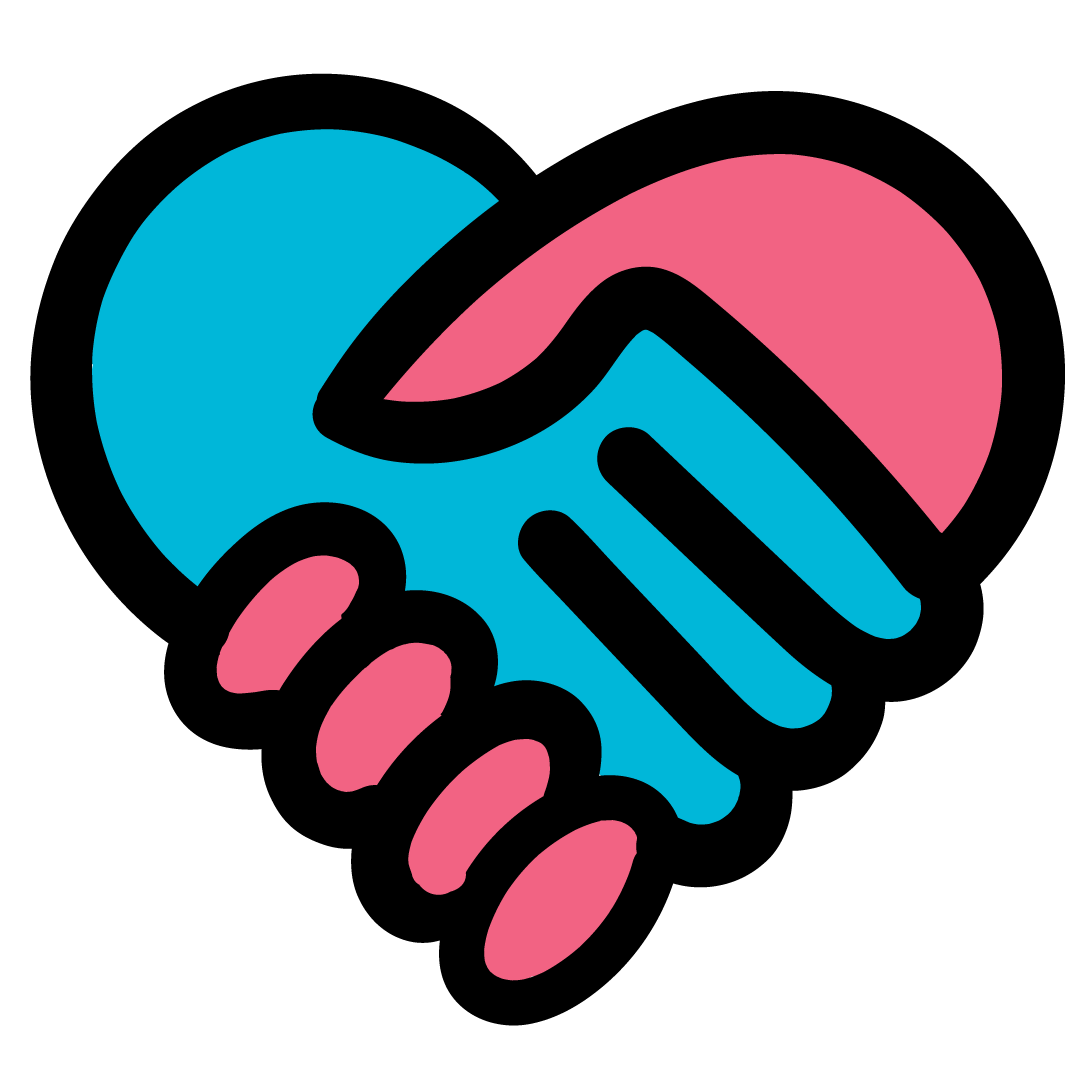
Truth
It’s more important than ever – without truth, there’s no trust. Without trust, there’s no audience willing to engage. Still, I am only a human being who carries a background but is willing to exchange perspectives and acquire new knowledge based on searchable sources.
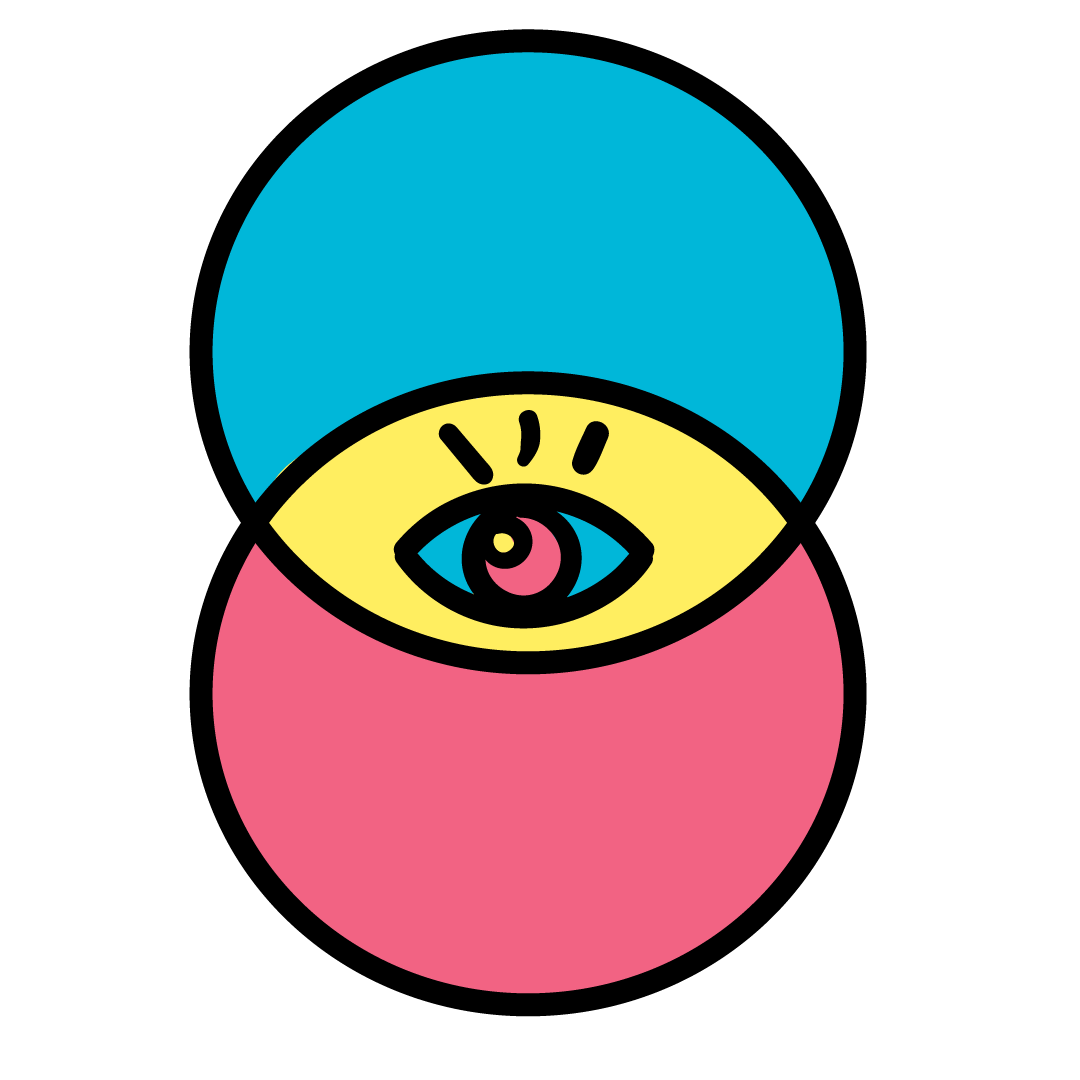
Transparency
Transparency embodies open communication because you must be willing to share information even when it is uncomfortable to do so. I believe that you should always honestly speak about what you do and vice-versa. So, there is no misunderstanding.
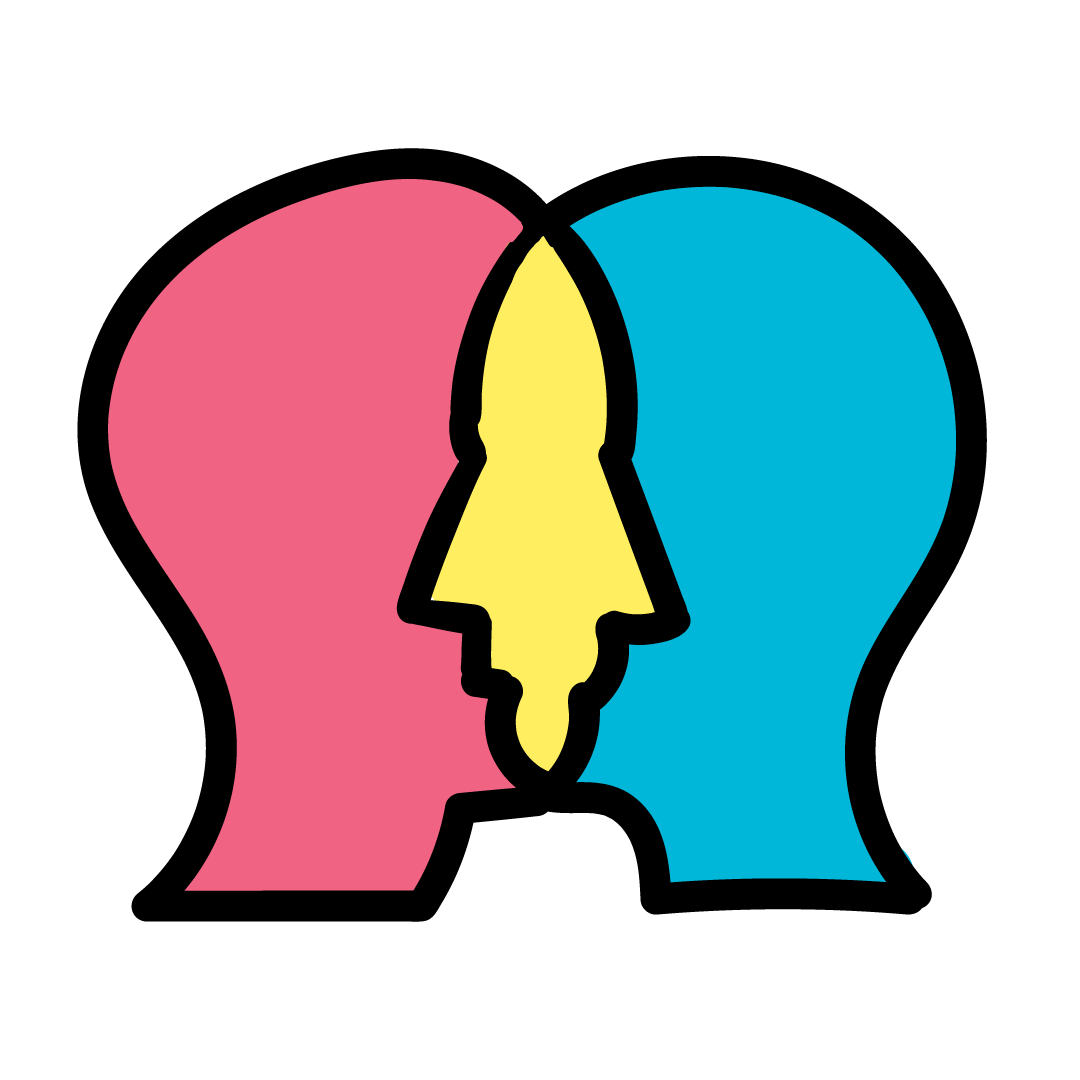
Empathy
Empathy is the ability to listen and being able to support accordingly (in a sophisticated manner, not being naive). I developed this value from my personal experience, being identified as a minority (Czech) inside a multi-cultural environment.
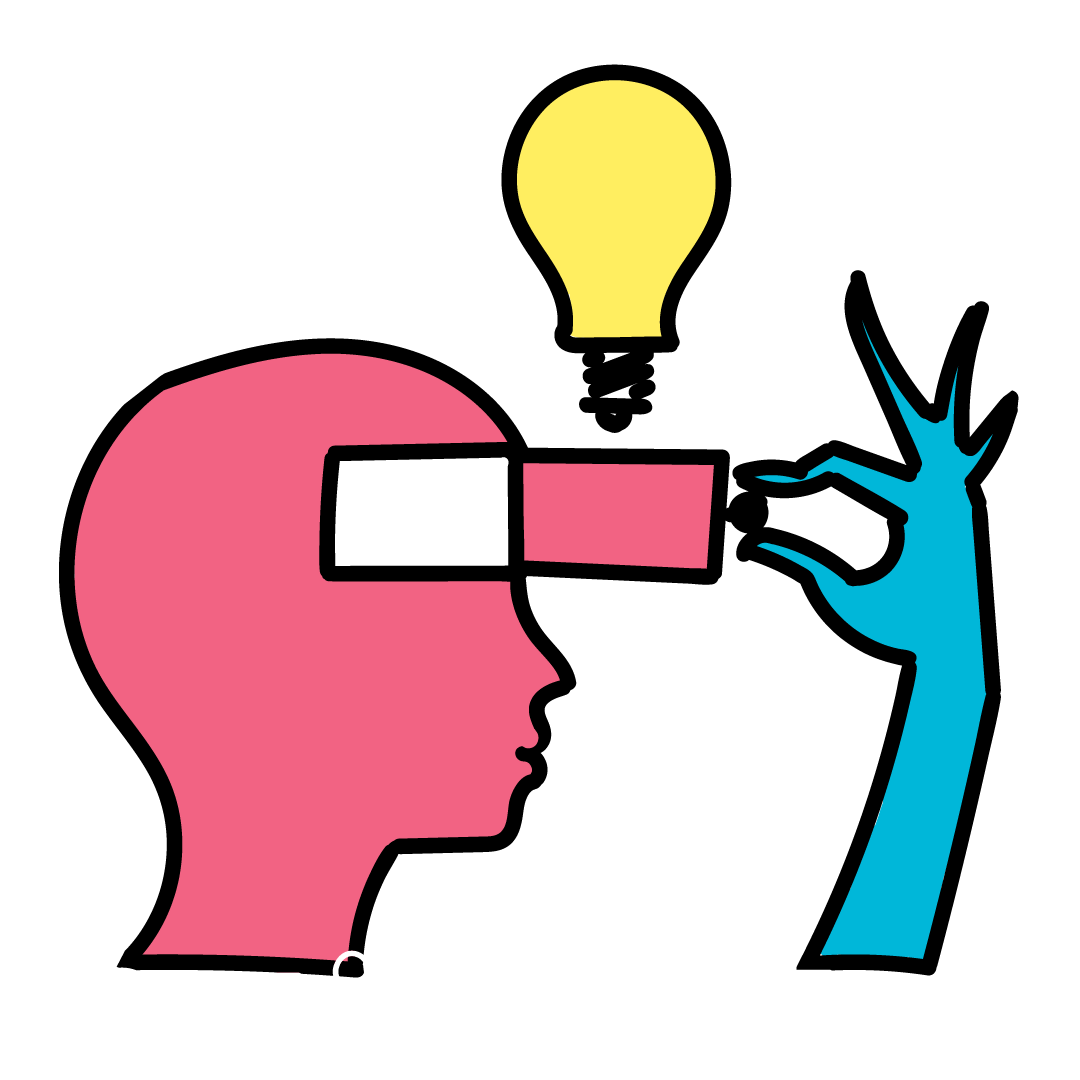
Open-mindedness
Thinking out of the box. It is not only receptiveness to new ideas but also being open to trying new things – food, sports, languages, cultures, religions, etc. Instead of judging people how they are different from us, we should try to be one of them to get a new perspective on the world where we are living.
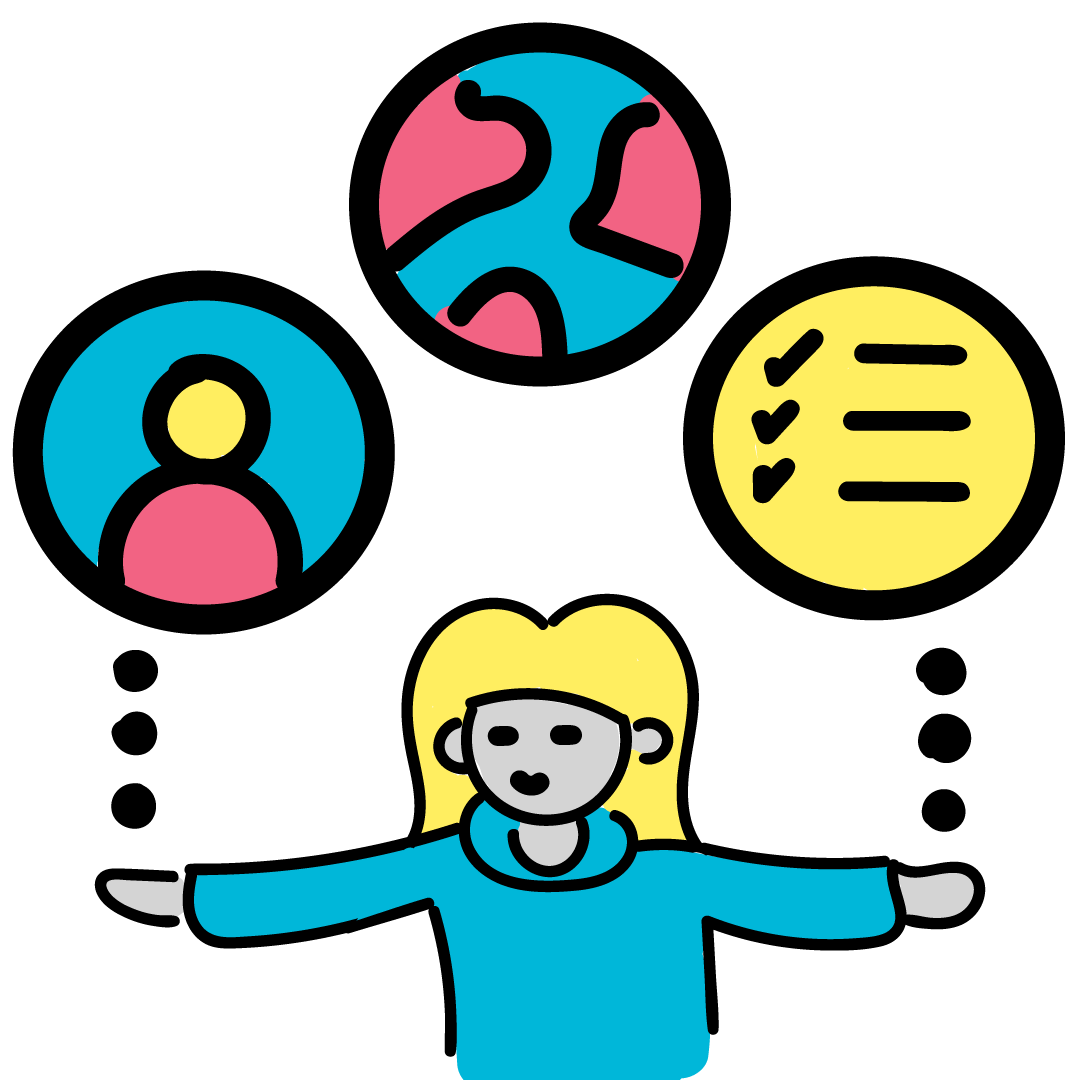
Responsibility
My favourite. I am a planner, body & soul. What I enjoy the most about it? When you have a dream and you write down a date, it becomes a goal. A goal broken down into steps becomes a plan. A plan backed by action becomes a reality. I was never part of something that I would not believe in.
Mission.
This website is mainly dedicated to digitalisation, which is quite a broad topic. You can speak about social justice (the digital gap between poor and rich people in individual counties), a just transition (what are the best ways to implement new technologies), how it impacts individual groups (young, employees, advanced or middle age ones) during a specific period (COVID19).
The majority of young people usually have black and white opinion about what is going on inside their phones, computers etc. They are vulnerable to social media spam – they see what their friends are sharing or in the news (Mark Zuckerberg hide his camera on the computer), how to combat hyperactivity (it is not good for sleeping), what are #FakeNews but do they actually do something to avoid them? or do they Google facts before they reshare some post? – usually answer is NO – because we rely on media to tell us what is truth and not (literally we became informational lazy), which become vicious cycles. On the other hand, a minority of people recognise the power of this tool – “How can I use it better to achieve what I want?” and use it as a means like, for example, Trump did with Twitter or Churchill with radio.
I do not like to speak or write about something in which I do not possess personal experience, e.g. I did not live in that time period or country, I do not have friends or contacts to ask their perspective. Therefore, the mission of this page is to reflect living in the 20s. How the paradigm of digitalisation is changing and how it impacts our lives. Why is digitalisation good? Why is it so powerful? So, let’s openly speak about this issue and how to use it properly.
Vision.
The vision is to highlight digital identity and at the same time provide a balance between transparency and privacy. Are you also frustrated to fill in your CV or any other applications over and over again, e.g. name, surname, experiences, why you?
The balance between privacy and transparency is essential more than ever. The overuse of social media platforms brought freedom of expression to another dimension. People from around the world can connect, communicate, negotiate, you name it. However, people can hide behind a fake identity, animated character or even not having any information about themselves published. Thus, how can you be sure that this person is legit? If I send you my CV, how can you be sure that I did not modify any part without calling the referee or the company itself?
I want to use this website as a tool of legitimacy. When I publicly publish my CV everybody around the world can search me by keywords and they can comment, use but also abuse that data. However, more important is that I know what data I share and that I can say “yes, I wrote that“, “yes, I was part of this project.”
First, I was asking myself “what if everybody around the world would have their own digital ID would it suppress freedom of expression?” The reason why social media are so powerful is that there are no restrictions, you can use it how you want, you can be whoever you want and express yourself on any platform. Second, it is based on the principle of social media, therefore, an individual choice – something that I am doing here right now – expressing myself & go with the vision of individual transparency.
Welcome to Marie Olivie, where we transform your digital experience through innovative IT consulting, cutting-edge content creation, and tailored digital solutions. Let us help you unlock your full potential and propel your business or organization to new heights with our expert guidance and advanced technological solutions.
- BE: +32 497 84 54 68
- CZ: +420 734 428 551
- [email protected]

Let's stay in
TOUCH
© 2023 All Rights Reserved
